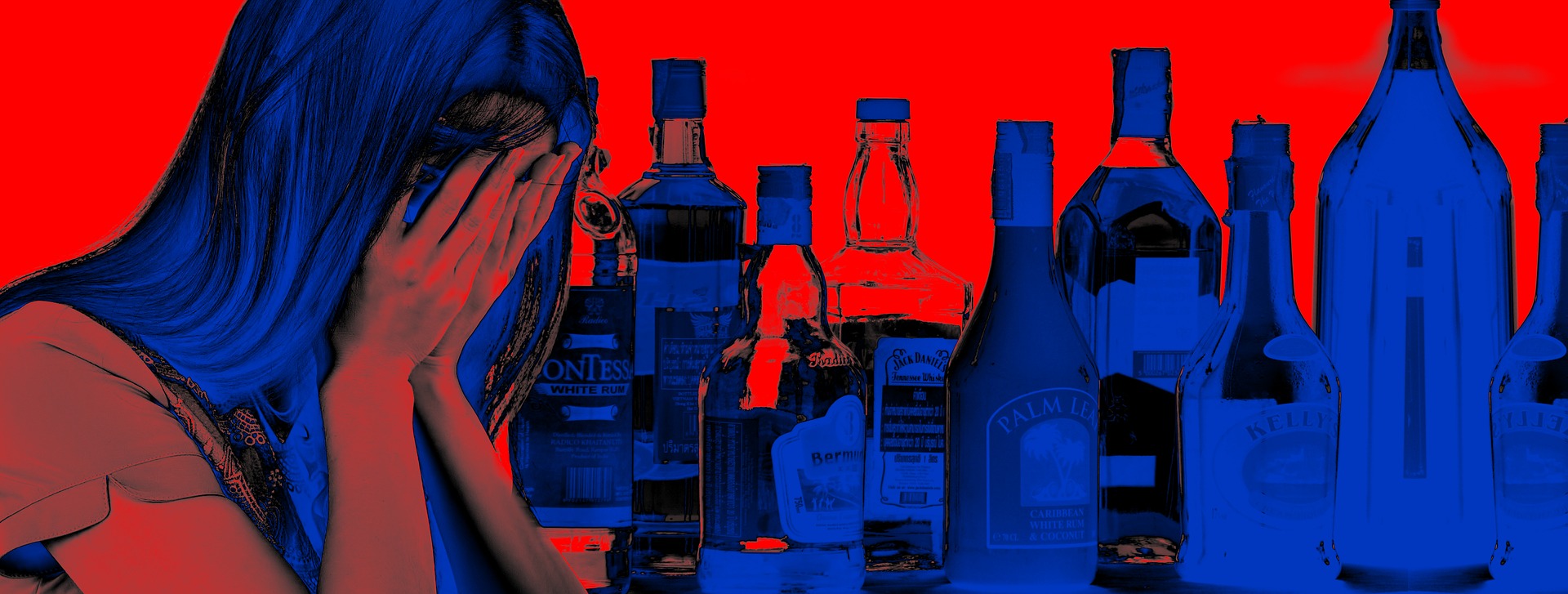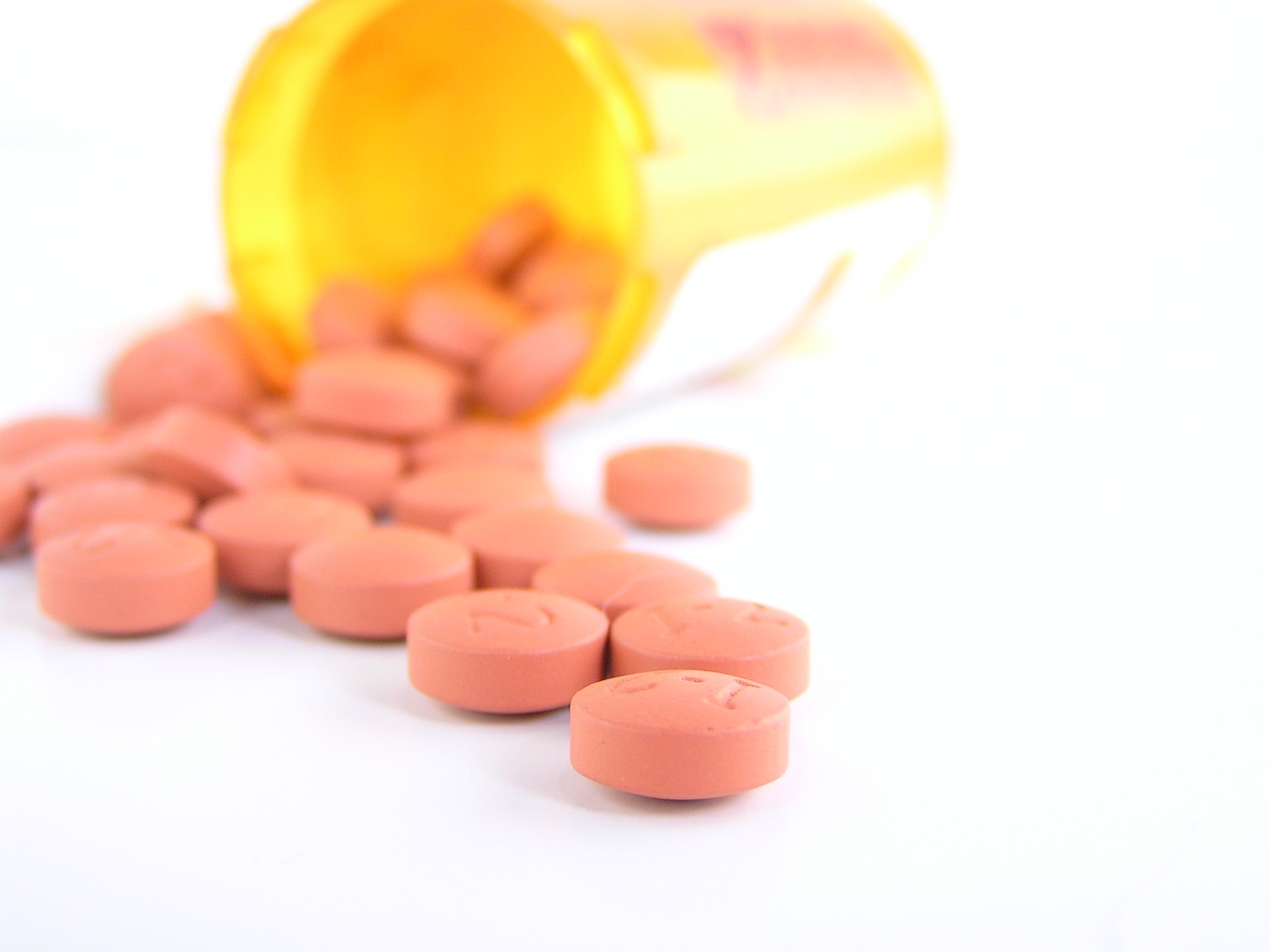
A recent article in the Dayton Daily News was a reprint from the New York Times, and the article talked about how of the approximately 2 million people who are addicted to opioids that relatively few of them receive treatment. What stopped me in my tracks was how the article went on to tout the praises of methadone and naltrexone and how not enough family doctors consider this “treatment’ for narcotic abuse. What’s omitted from the conversation entirely, is that in twenty-nine years of recovery, and after twenty-four years of working as an RN in hospitals, I have yet to see even one person find recovery and a new life on the other side of addiction by using medication-assisted therapy (MAT) coupled with a weekly therapy appointment, alone. Sure, the drugs may be helpful to curb cravings, and the therapist may be a great idea, but that’s not enough to bring about the type of change necessary to change a life; it’s more akin to dumping a handful of sand on the beach and declaring victory over erosion.
I continue to be saddened that even experts who are supposed to know all about addiction seem to fail to mention that a complete change in thinking, usually only brought on by a spiritual awakening, can alter a person’s psyche enough to bring about permanent change. As a recovering person, and from what I witness in the healthcare arena, I can tell you that the methadone and naltrexone rarely bring about long-term permanent recovery. I don’t want to discount the medication entirely, because I do think if a person is willing to do the inside work and uses perhaps naltrexone or Suboxone while in an intensive inpatient treatment facility, (knowing they will be weaned completely off of all medication before they leave treatment and after inpatient treatment they commit to attending twelve-step meetings or some other peer-support type groups) that perhaps the medication can be helpful. Other than that, I see little benefit. I’ve witnessed firsthand the people who pour through the hospital doors, again and again and again, those who take naltrexone or methadone, and their lives never seem to get better. I talk to people who went the route of MAT, and too many fail, miserably; they tell their stories of how withdrawal off of methadone was worse than heroin; how they ended up selling their Suboxone, and repeatedly, they just went back to their drug of choice—heroin….I hear the stories and see the people who come to meetings and talk about how they were prescribed naltrexone and they relapsed anyways.
In the real world of alcohol or drug addiction the reality looks more like this: A person comes to the hospital for any number of reasons: they’re suicidal, fed up, need a place to stay, feel awful after a cruel bender, experience chest pain…,the list is varied and long. Perhaps at this moment of despair and weakness, they say they want recovery, and perhaps in that moment in time, they do. Sure, they want to extricate themselves from the exhausting routine of acquiring drugs, using drugs, feeling awful, needing more drugs or alcohol. But what happens more often than not is this: The doctor sees the patient and misdiagnosis them with a personality disorder, anxiety, depression, or maybe bipolar. In a few cases, the doctor will acknowledge their substance abuse and perhaps he or she will prescribe naltrexone. After a few days in the hospital, the person starts to feel better. They leave the hospital and go right back to their environment. Some drink and drug on the way home from the hospital. Others last a few days or maybe even a week or two, but they don’t jump into recovery. They are led to believe—or perhaps what they hear is that a pill is the cure for their addiction, and that if they take the medication everything in their life will be fine. They don’t change people places and things in their environments; The hurts, fear, resentments, or perhaps past trauma that fueled their drug/alcohol abuse rages on inside of them—the doctors gloss over the entire emotional aspect of addiction. A few weeks into their newfound sobriety, the pain mounts. They still have no coping skills. They’re like dried leaves tossed about in the wind with no place to land when life gets hectic or goes awry. They want to numb the feelings that start to resurface, and the realization that those difficult emotions were kept at bay only by using drugs or alcohol. Their only solution is to stop taking the naltrexone and go right back to alcohol or drugs, and the vicious cycle begins again.
Although I have no personal experience with abusing opiates, I can equate the insanity heroin addicts must feel with when I tried to give up nicotine and alcohol, both drugs that I abused for a long time. When I decided to quit smoking for the umpteenth time, when I said it I meant it. I tried hypnosis, the nicotine patch, the gum, yet repeatedly, when I got too uncomfortable, I got in my car, went to the store, and bought cigarettes, because that’s what addicts do. I knew in the back of my mind that although I did want to quit, I could always go back to my addiction when I got too uncomfortable. Its’ no different than what people do with drugs. I was only successful in giving up nicotine when I was willing to be miserable. I quit drinking when I had had enough, and when I was willing to jump into recovery. I had to get to where I was so fed up with the insanity of my addictions that I was willing to do whatever it took to stave off the cravings and suffer through them. It took years for me to get there with nicotine, and finally break free. My alcoholism—well, I had what we call a high bottom because I’d seen what the refusal to address a drug and/or alcohol problem could do to a person’s life and I didn’t want to go there.
The problem though is that with heroin, people don’t have the luxury of dabbling. They don’t have the luxury of stopping or starting an indefinite number or times like a person can with perhaps a marijuana or nicotine addiction; those drugs may still kill you, but at a much slower rate. With heroin, too many die while they’re contemplating whether or not they are beat up enough or are ready to face themselves, their lives, the pain they’ve caused others, the pain they’ve caused themselves, and to face the emotional baggage that continues to fuel their using. To reiterate, that right there is why drugs such as naltrexone and methadone, when used alone, are useless—they do nothing to address the whole person: Spiritual and emotional aspects are neglected. MAT focuses only on the physical.
It’s shameful and gives false hope to people to push MAT as a cure for addiction. Doctors can go ahead and pat themselves on the back and feel that they’re offering “drug treatment” by prescribing these medications, but what they’re really doing is offering a Band-Aid to a much deeper wounds that continue to fester beneath the surface, and unless and until the emotional, spiritual, and personality aspects are addressed, little change will occur in a person’s life.
If taking a pill were the solution to addiction, we’d have few addicts in the world. We cannot dismiss the part that BigPharma has to play. They helped create the opioid epidemic and now they want to push more pills to have people believe that they also have the cure.

Only a few days ago, I talked to a medical student who’s in her fourth year of medical school. She said to her recollection she’s only had two short lectures on addiction and both, “Were the opinions of the person presenting.” One of the presenters approached addiction from the disease perspective, the other said that was hogwash and people who do drugs do so because they choose to destroy themselves and their lives. So, there you have it. These are the mindsets of future doctors who you may look to for help one day, but all you may get is judgment, prescriptions, or blank stares.
With all the talk about the opioid epidemic, why are doctors still not being trained in the nature of addiction? Why are doctors not offered more than the ability to prescribe medication? Why don’t medical schools seek out former addicts and alcoholics to present case studies to their students so they can learn about addiction from the experts—former addicts and alcoholics who have been through addiction and who have come out on the other side and who can explain how the disease manifests in a person’s life in real-world terms? Why is it that there are Ph.Ds. and MD’s living with addicts, or who may be addicts themselves, and they’re clueless how to help their loved one or themselves, but they’re all to eager to give you an earful and tell you what you should do? This is the reality of what’s happening out there, yet, no one wants to peel back the veil and see that the problems are layered and many because it doesn’t fit into the narrative that doctors are supposed to know—when the truth is—they don’t know.
BigPharma’s influence over treatment modalities cannot be underestimated. They only training any doctor may get is to learn how to write more prescriptions that will supposedly “fix” the addicts in their practices. For those familiar with addiction, we all know too well how ineffective pills are for the suffering addict or alcoholic, and in turn, we can expect that the drug epidemic will rage on, families will continue to be destroyed, and doctors will continue to practice and do what they do—oblivious to the devastation that roars through some of their patients’ lives. It’s time for change. It’s time for the medical community to shrug off their cloak of hubris and admit that when it comes to addiction, they all have much to learn.
Lisa is the author of the multi-award winning book, Raising the Bottom: Mindful Choices in a Drinking Culture. After short stints where she trained polo horses, worked as a flight attendant, hairdresser, and bartender, she revamped her life and settled in as a registered nurse. For past twenty-nine years has worked with hundreds of women to overcome alcoholism, live better lives and become better parents. She was prompted to write Raising the Bottom when she realized after twenty plus years of working in hospitals, that doctors and traditional healthcare offer few solutions to women with addiction issues. You can also follow her on Twitter @LBoucherAuthor and Instagram
